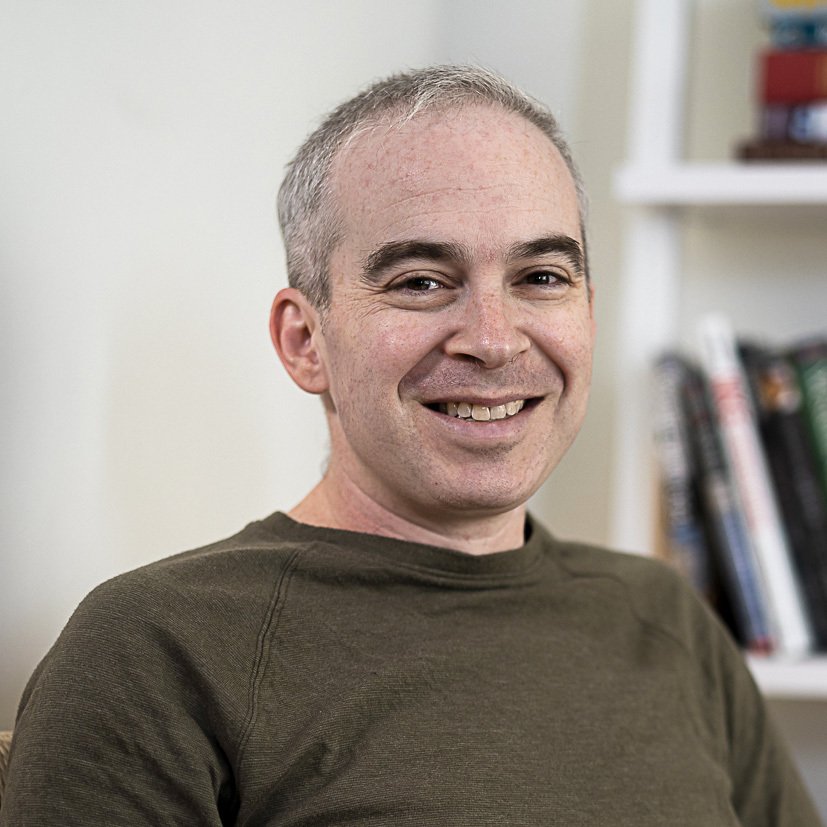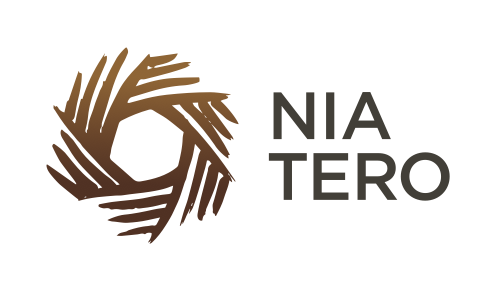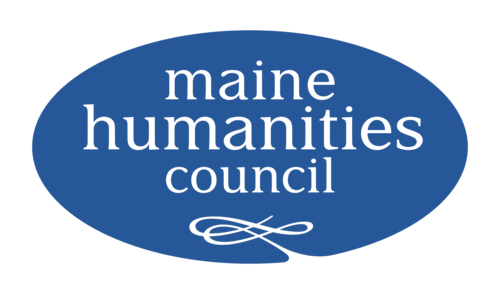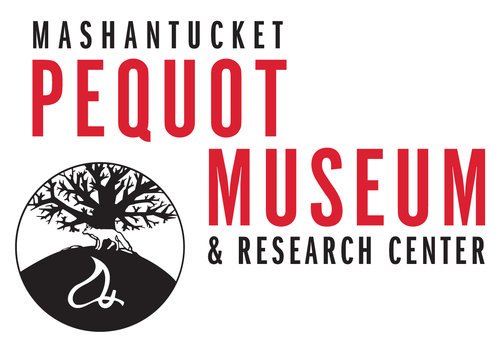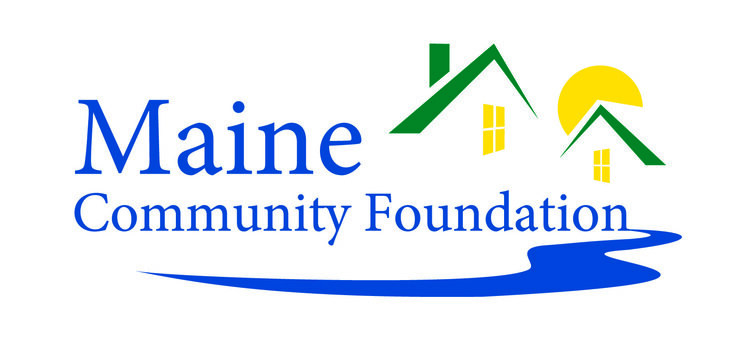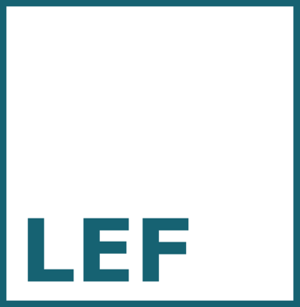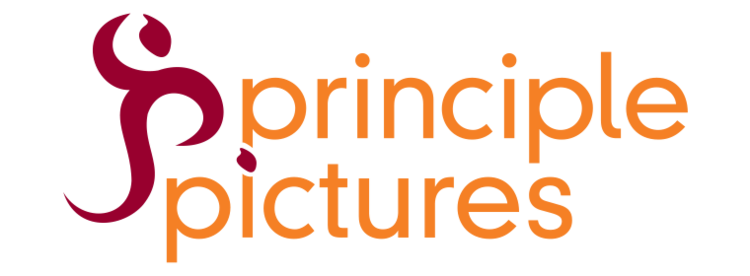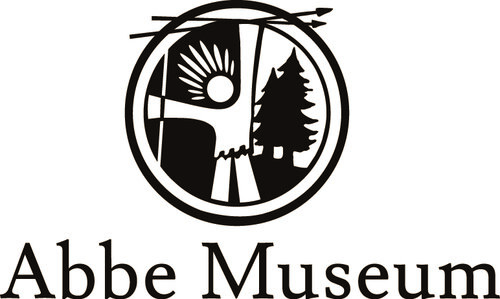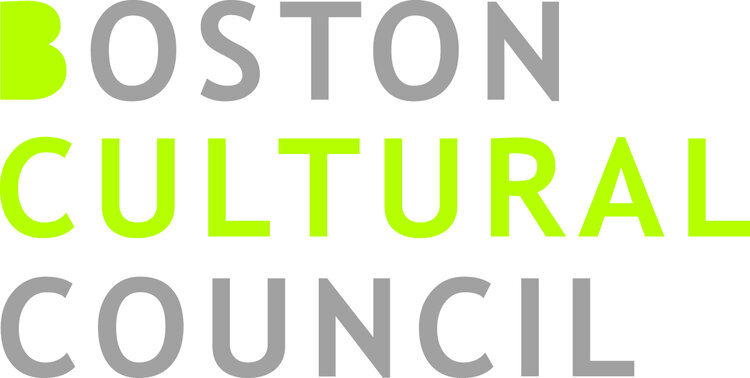Upstander Project team and collaborators
Adam Mazo (he/his) is the co-president and creative director for Upstander Project and an Emmy® Award-winning social issue documentarian. Adam has (co)directed and/or produced all of Upstander Project’s films, including Dawnland, which won an Emmy® Award in 2018. His films have been broadcast on domestic and international television (Independent Lens), programmed at film festivals (Sundance, Hot Docs, Camden) and international conferences, and screened at universities and K-12 schools, where they are also often used in curricula. He is Ashkenazi Jewish and lives with his family in the territory of the People of the Blue Hills — the Massachusett Tribe.
Mishy Lesser, Ed.D., (she/her) is the co-president and learning director for Upstander Project, co-director of the Upstander Academy, and an Emmy® award-winning researcher. Mishy has authored Upstander Project’s many learning and viewer guides and is a Strassler Center for Holocaust and Genocide Studies Affiliate. She is a Circle Keeper and has been featured on WBUR (Boston) and PRI/BBC’s The World. Mishy was a Fulbright Scholar in Ecuador and spent 12 years learning and working in the Andes. She is a descendant of Ashkenazi Jews whose ancestral language is Yiddish and lives with her husband in the territory of the Massachusett Tribe.
Nessie Ruiz (she/they) is the vice-president and operations director for Upstander Project. Nessie has been involved in the nonprofit sector since the age of 16, often working alongside teens and young adults from marginalized communities at organizations like More Than Words and Artistic Noise. Nessie holds a BFA in Photography from RISD and a MFA in Visual Arts from the University of Chicago. She was an adjunct visual arts faculty member at several colleges for almost a decade before moving fully into the nonprofit world. A first-generation American from a Colombian family of Spanish, Mayan and Mediterranean descent, Nessie now keeps a Latine-Jewish home with her wife and daughter.
endawnis Spears (Diné, Ojibwe, Chickasaw, Choctaw) (she/her) is the co-director of Upstander Academy. She is also the director of outreach and programming and a founding member of the Akomawt Educational Initiative, an Indigenous education and interpretive consultancy. She has worked with and for Native communities and museums across the country. Previously, endawnis worked in the education, marketing and development departments of the Mashantucket Pequot Museum and Research Center. Originally from Camp Verde, Arizona, she lives in Rhode Island with her husband Cassius Spears Jr., and their four children, Nizhoni, Sowaniu, Giizghig and Tishominko.
Roger Paul (Passamaquoddy, Wolastoq) (he/his) is the co-director of Upstander Academy. He was born to a Passamaquoddy mother who, soon afterward, walked on to the spirit world. His father, who was Wolastoq, went to great lengths to protect him from state “child welfare” officials who wanted to send him away to a boarding school or place him in the foster care system. Thus, Roger grew up on various reservations throughout Maine and New Brunswick. His older brothers and sister were not as fortunate. They were taken and sent to the residential school at Shubenecadie. Roger holds a master’s degree in linguistics from MIT and works as a Wabanaki Languages teacher with the Penobscot Nation, the University of Maine at Orono, and the University of Southern Maine. He takes an active and diligent role towards the preservation, continuing growth, and prosperity of the Wabanaki language, culture, and people.
Jarah Botello (she/her) brings more than 17 years of education experience to her role as learning program manager. Botello began her career as an actress and theater instructor in Denver. She moved to Selma, Alabama, in 2007, where she taught high school and college English and drama for eight years. In Selma, she also co-founded New Expression, an art program for students of all ages that centers on community service, activism and self-expression. From 2015 to 2018 Botello served as a Teaching and Learning Specialist for Learning for Justice, a program of the Southern Poverty Law Center. Botello and her family live in Georgia on the land of the Muscogee people.
Laura Hummer (she/her) is the administrator for Upstander Project. Before becoming a member of the Upstander Project team, Laura taught secondary English for 10 years. She is also a founding member of Building Anti-Racist white Educators (BARWE). Originally from Pennsylvania, she graduated from Bryn Mawr College and currently resides in Maine on the land of the Penobscot and Wabanaki people.
Kristine Malpica, M.A. (she/her) is a researcher for Upstander Project focused on public history and the impacts of settler colonialism, cultural genocide, land dispossession, war and bounty proclamations on Indigenous peoples, past and present. Her work has contributed to the learning materials that accompany Bounty. Her thesis, "Uncommon Ground: Pawtucket-Pennacook Strategic Land Exchange in Native Spaces and Colonized Places of Essex County and Massachusetts Bay in the Seventeenth Century," examines Indigenous dispossession in Massachusetts Bay Colony. Kristine's lifelong passion for fostering and facilitating diverse public arts and cultural programming led her to co-found and direct a nonprofit organization, Imagine Studios, since 1998. She resides in N'dakinna, the ancestral territory of the Pawtucket-Pennacook-Abenaki Peoples.
Ben Pender-Cudlip (he/his) is a producer for Upstander Project. He is an Emmy® award-winning filmmaker and the co-director and cinematographer of Dawnland, First Light, Dear Georgina and Bounty. He has directed over a dozen short documentary films, which have screened on television and in film festivals internationally. He is of European/English descent, and lives on Massachusett territory outside of Boston.
Jessica Martin, (she/her) is the associate development director for Upstander Project. Jessica has worked for over ten years with nonprofit organizations, including working with nonprofit and governmental organizations in Southern Africa. At Upstander Project, she facilitates all development programs, including grants and fundraising. She holds a PhD in African History and a master’s in library science, and has worked in higher education, libraries and archives, and in historical research. Jessica lives with her family in the Dawnland.
Dawn Neptune Adams (Penobscot Nation) (she/her) is a filmmaker and journalist with Sunlight Media Collective, and co-director of and a participant in Bounty. She is an Upstander Project collaborator. Her grassroots environmental activism began with the protection of Indigenous Sacred sites in Huntington Beach, CA in 1998. Since then, she has been a tireless advocate for environmental justice and Indigenous rights at the tribal, local, state, and national levels. Dawn is actively involved in politics for change across a wide spectrum of influences. She is a Racial Justice Consultant to the Peace & Justice Center of Eastern Maine; an active member of Racial Equity & Justice of Bangor, Maine; and a former Indigenous Peoples' Policy Advisor for the Hunter/Elias 2020 Presidential campaign. Dawn has served as the Wabanaki Liaison to the Maine Independent Green Party since 2016 and was the Vice Presidential Candidate to the Dario Hunter 2020 Presidential campaign.
Maulian Bryant (Penobscot Nation tribal ambassador) (she/her) is co-director of and a participant in Bounty. She is an Upstander Project collaborator. She holds a BA in political science from the University of Maine and advocates for local, state, and federal policy changes centered on tribal sovereignty, the environment, public health, domestic violence advocacy, and other areas affecting the Wabanaki tribes in Maine. She is the co-chair of the state's Permanent Commission on the Status of Racial, Indigenous and Maine Tribal Populations; co-chair of the Maine Climate Council's Equity Subcommittee and member of the Maine Climate Council; Board President for the Wabanaki Alliance; member of the Permanent Commission on the Status of Women; and serves on many other boards and organizations. Her play, Molly, tells the story of Molly Spotted Elk, a Penobscot actress, writer, activist, and dancer in the early 1900s.
